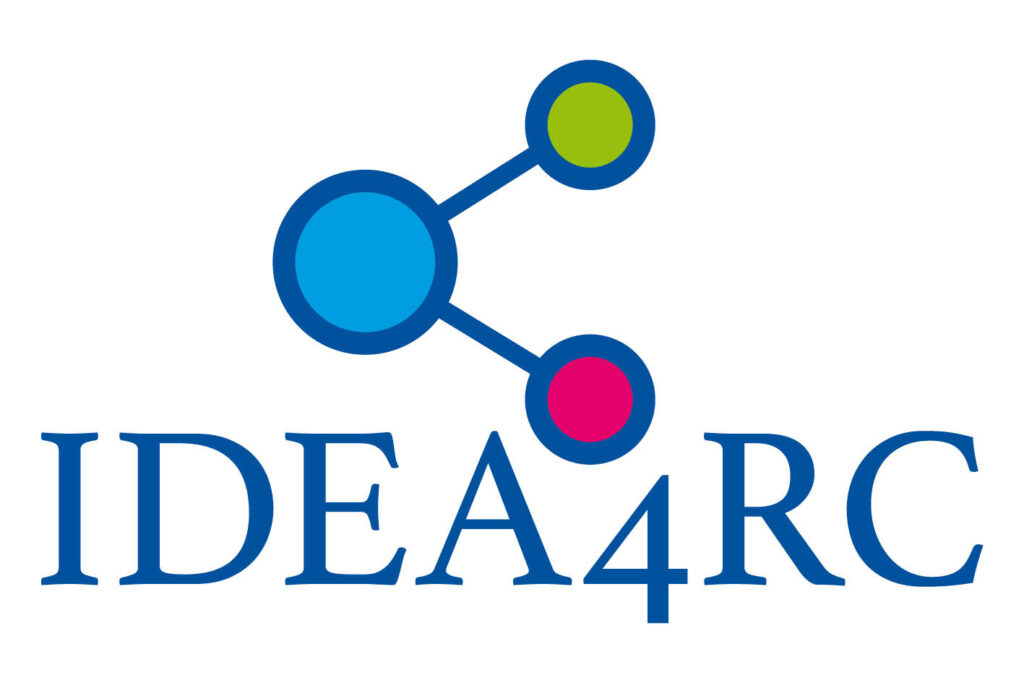The stakeholder engagement plan has two main objectives. First, promoting the IDEA4RC data ecosystem among clinical centers to enlarge its adoption. Second, creating a community of interest that includes a wider range of subjects, such as health professionals, patients’ organizations, data protection, health authorities and pharmaceutical companies in order to gather feedbacks on the platform during and after its development.
The plan will be deployed by DIGICORE (DIGital Institute for Cancer Outcomes REsearch) who leads Work Package 10 (WP10). DIGICORE is a pan-European research network built to accelerate the implementation of precision oncology in Europe. It includes 34 prominent European cancer centres, two cancer networks and two commercial partners.
Engagement will start from EURACAN, the European rare adult solid cancers reference network, since 11 of its members are already part of IDEA4RC consortium. EURACAN is the ideal stakeholder to pursue both the plan’s objectives, considering that EURACAN expert centers could be both users and data providers of the IDEA4RC platform. For this reason, they can help to improve the ecosystem with their feedbacks and also become early adopters after the test phase.
The same approach taken with EURACAN, will be followed with other European Reference Networks involving rare cancers, such as PaedCan (paediatric cancers), EuroBloodNet (which includes myeloid malignancies; and lymphoid malignancies) and GENTURIS (on genetic tumour risk syndromes), and later on with members of organizations such OECI and DIGICORE.
The plan envisages to welcome into the IDEA4RC community of interest other European initiatives that share a common goal with IDEA4RC, namely that of easing the sharing of health data across centers and countries in Europe to ultimately improve the quality of care. These initiatives include Beyond 1 Million Genomes (B1MG), UNderstand CANcer (UNCAN), and European Open Science Cloud (EOSC)4Cancer. Synergy meetings have already been planned to foster collaboration among these projects and will be an opportunity to deploy engagement activities.
Dialogue with broader categories, such as healthcare professionals and patients, will proceed at first through umbrella organisations, such the European Cancer Organisation (ECO), the European Society for Medical Oncology (ESMO), the European Association for Cancer Research (EACR), the European Cancer Patients Coalition (ECPC) and the European Organisation for Rare Diseases (EURORDIS).
Engagement activities will follow a two steps procedure, with promotion activities as the first step, followed by a request of feedback. The outcomes of this procedure will be monitored periodically, to adjust the strategy and make engagement more effective.
You can download the plan here.
